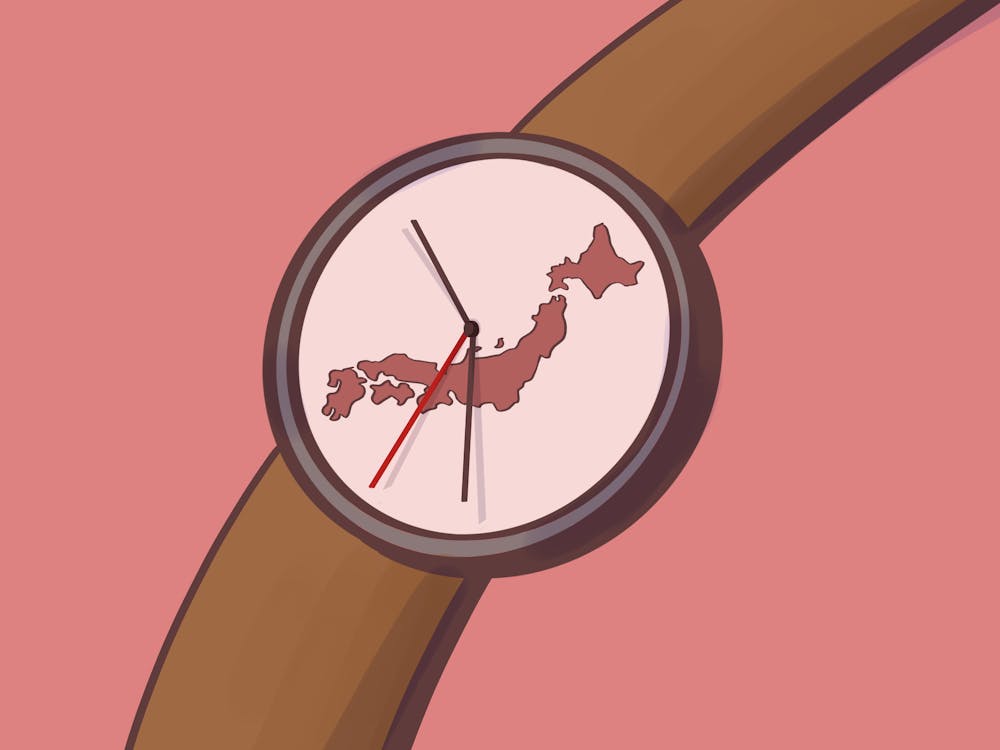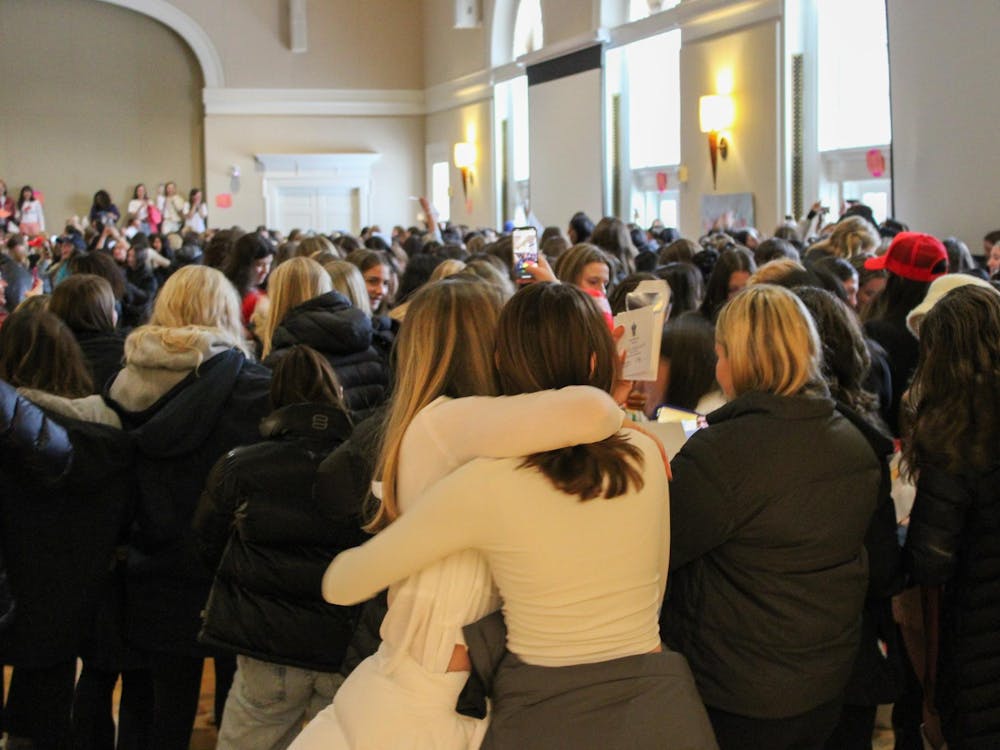When Marisa Vrooman first tried a tree-ripened peach, "the taste blew [her] mind." Now acting as a local food advocate to preserve the "flavor, freshness and nutrition content" of what she eats, Vrooman works as the co-founder and director of farm services and development of the Local Food Hub, a non-profit organization with the goal of providing fresh, locally grown food to the Charlottesville community.\nLocal Food Hub co-founder Kate Collier came up with the idea in January 2008, Vrooman said. After supporting locally grown fresh food her entire life and working with different farms, she started to realize many farmers were experiencing difficulty in not only growing and harvesting food but promoting and maintaining it as well.\nInstead of investing all their time and energy into farming, local farmers had to worry about transporting and marketing their crops. So, Collier made a New Year's resolution to help small farms in the area by creating a location at which farmers could distribute, transport and invoice their food.\nCollier, along with Vrooman and a small team, successfully opened the Local Food Hub this past summer with funding from locally based foundations, the Nelson County Economic\nDevelopment Department and individual contributions. The Hub, which serves the City of Charlottesville and Albemarle County as well as several other neighboring counties, acts as a middleman for farmers by providing them with the opportunity to sell and distribute their crops. The team transformed a former grocery distribution center into 1500 square feet of refrigerated storage and 1800 square feet of cool and dry storage and obtained a refrigerated truck for produce transportation.\n"We're finding that the more and more we get the word out, the higher and higher the demand is," Vrooman said.\nThe organizations started with the hope of obtaining 10 farmers and 10 buyers. Now, it has more than 25 partner producers and 30 partner buyers, and the list keeps growing, Vrooman added.\nNot only does the Hub provide the community with healthy fresh food, but it also benefits the local economy.\n"When you buy locally, you're supporting your neighbors and the small independent business that make our community unique," Vrooman said.\nThe organization, however, does not plan to sell directly to consumers, Vrooman said.\n"We are a farm-support organization," Vrooman said. "If you go direct to [a] consumer, we feel like that would be competing with the audience that we're trying to serve. There are direct consumer outlets already ... farmers markets ... We wanted to fill that gap."\nThe Local Food Hub has also been working with University Dining to try to get local food into the dining halls, as well as with Albemarle County schools, Charlottesville schools and local senior homes, Vrooman said.\nJean Rinaldi and Richard Bean of Double H Farms, one of the organization's participating producers, strongly support the Local Food Hub's goals. They sell their produce at the farmer's market and share what they have not sold at the market with two to three different organizations. They also take some produce to Salvation Army once a week, but sometimes they still have extra left over. The Local Food Hub offers an opportunity to sell the overage.\n"We want to put our food into the local food system, especially in schools and hospitals," Rinaldi said. "It's going to help the farmers ... reach places when they can't sell to other places. This provides an intermediary."\nThe Local Food Hub also uses community outreach efforts to spread the word about eating locally. The Hub hosts several workshops, events and after-school farm field trips to promote local produce.\nWhether it's an entire diet or just a first peach, in the end, the Hub is about the food.\n"From the picking, the cleaning, the packing ... [shipped food] can take a week or more from the time it leaves the field until it gets to your hand," Vrooman said. "They have to pick it green a lot of the time so it's not rotten when it's in the grocery store. Local food usually tastes a lot better"





